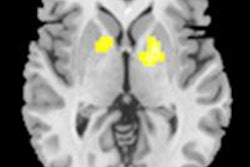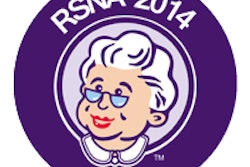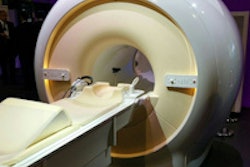Functional MRI (fMRI) has shown how the brain reacts when a person is given two different kinds of sugar, and how the reaction could lead to overeating.
The findings, presented on December 10 at the American College of Neuropsychopharmacology (ACNP) annual meeting in Phoenix, suggest that fructose heightens the response of brain reward circuits to food images, promoting feeding behavior.
Researchers from the University of Southern California examined brain responses and motivation to eat among 24 volunteers (ages 16 to 25 years) who saw images of food, such as chocolate cake, after they drank beverages containing either glucose or fructose.
The food images were shown during fMRI scans, which revealed activation in the nucleus accumbens, the researchers found. This region is associated with the brain's so-called reward circuit, increasing a person's desire for food.
The activity was greater after subjects consumed the fructose drink compared to the glucose drink. The fructose drink also appeared to trigger greater feelings of hunger and motivation to eat.
The neural and behavioral responses to high-calorie food stimuli could promote eating and have important public health implications, the researchers concluded.



















